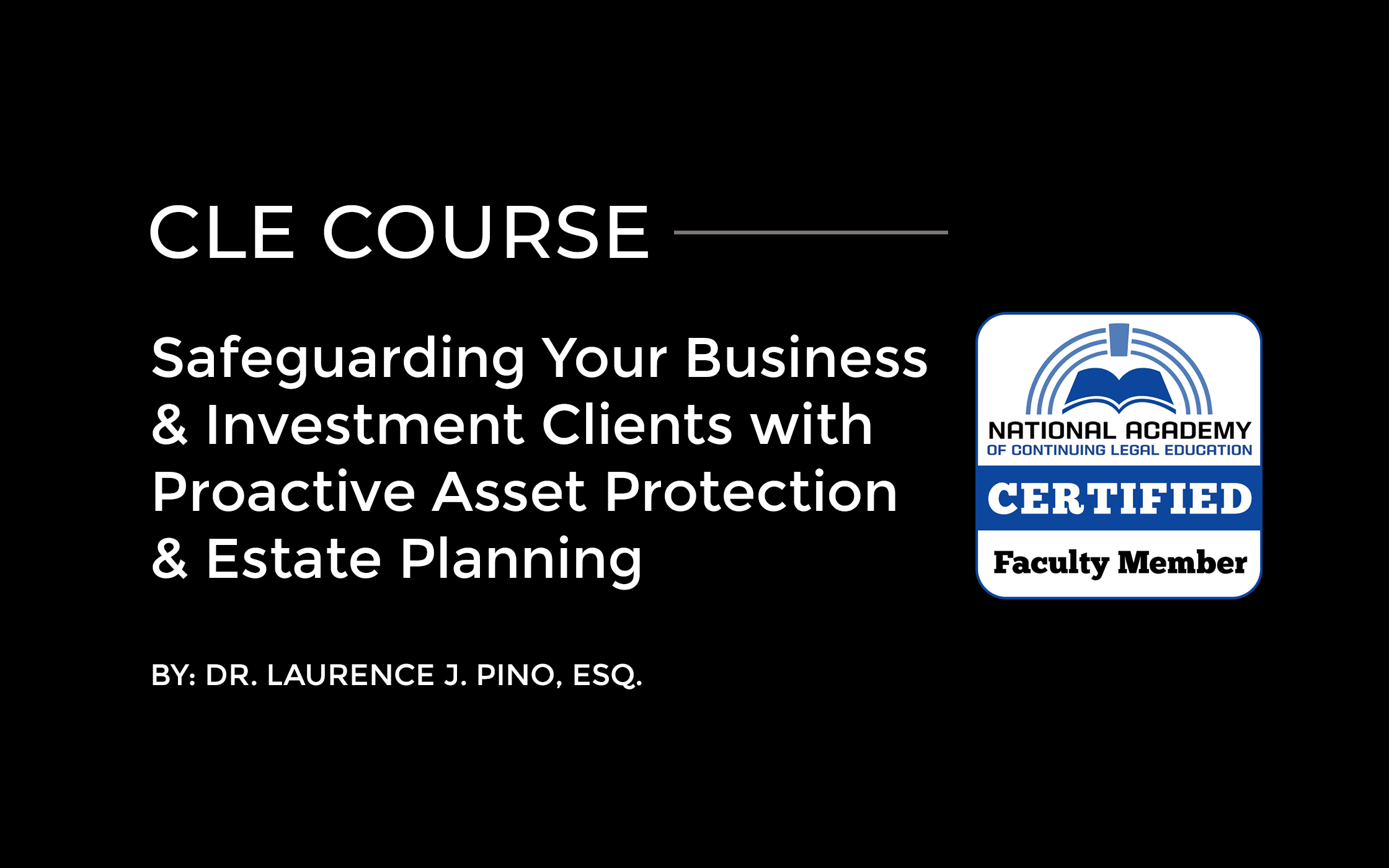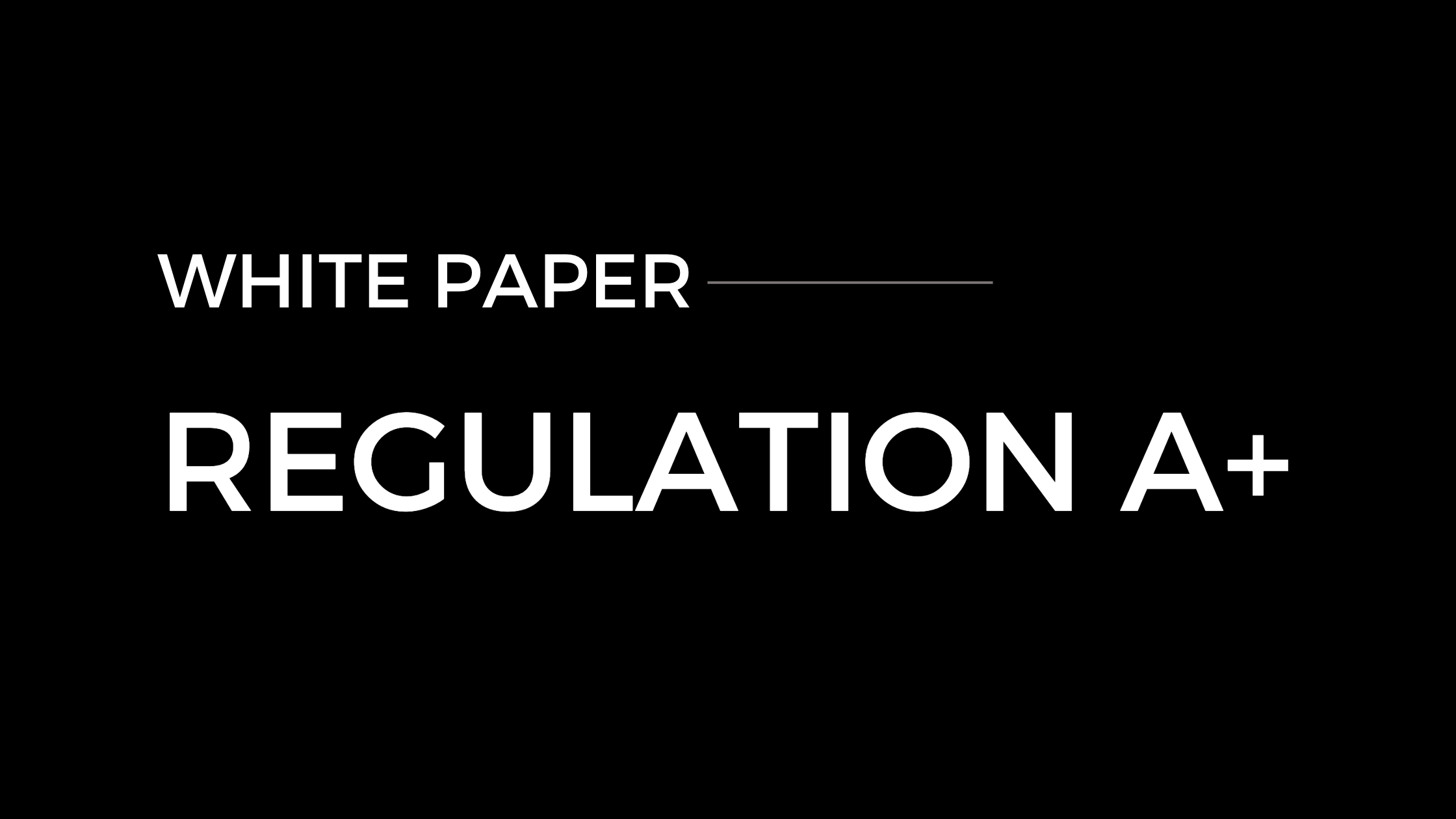Being locked out of your car or house can be a frustrating, time-consuming, and sometimes costly experience. Luckily, depending on your security system, it is as easy as calling a locksmith. What happens, though, if you are a trustee or executor and you are locked out of important documents or digital accounts? Best practices for ensuring smooth estate succession incorporates not only having the proper estate succession structures, but also the logistics of where to properly store hard copies of important documents. This article addresses some best practices for safekeeping of your important documents; a follow-up article shall address digital accounts.
After you’ve created your estate planning documents, one of the next decisions is where to store those documents so that your executor or trustee can easily find the original documents when needed. Because the executor or trustee will need the original will to handle your affairs most efficiently, such documents should be stored in a safe and accessible place, and the executor or trustee should know exactly where such estate planning documents are kept and how to access them.
If you decide to store the original copy of your estate documents in your home or personal business, they should be stored, at a minimum, in a locked filing cabinet or safe. If you store your documents in a location that requires a combination, password, or key for entry, be sure to share that information with someone you trust, such as your spouse, your adult children, or your attorney. One of the best at-home options would be to store it in a waterproof and fireproof safe (ideally, the safe would be large and heavy or built into the structure of the home to help prevent thieves from taking the actual safe.)
While some people initially think a safety deposit box is their best option, unless the box is jointly managed (and your survivors are authorized to access the safe deposit box), the bank will likely require a court order to access the box, which could take a long time. Florida law provides that if a safe-deposit box is rented or leased in the names of two or more lessees, access to the safe-deposit box will be granted to either of them, regardless of whether the other lessee is living or competent (Florida Statutes § 655.937 ). Beware, though, on what is specifically provided in the lease or rental agreement with the bank regarding their individual policy. Additionally, access to the box is not the same as ownership of the content of the box. At this time, Florida does not have a specific statute that determines the ownership of the contents of safe deposit boxes. Furthermore, the registration of the safe deposit box may have nothing to do with ownership of the content of the box. The general rule is that contents of the safe deposit box are part of the probate estate unless the contents (a) are registered to a trust or (b) ownership of the contents is in some form of joint ownership (c) or the co-lessor can prove ownership separate and apart from the deceased person. The lesson is clear, to be safe, never store your will in a safe deposit box unless you can be fairly certain someone else has access.
If you spent time, effort, and money to protect your assets and leave a legacy, you should protect the documents which protect you in order to make the disbursement of your assets reflect your desire.
From finance to Facebook, our lives have been extremely linked and synced to the internet. Phones, tablets, and computers are not merely important but are essential to life in today’s modern world. After you pass, if your loved one, executor, or trustee only has access to your physical estate documents (power of attorney, will, trust, etc.) without access to your devices and online accounts, administration of your affairs will be much more cumbersome than envisioned.
In Florida, the law grants fiduciaries legal authority over the deceased’s digital assets and accounts (Florida Fiduciary Access to Digital Assets Act, SB 494, Chapter 740.) This law provides “procedures for the disclosure of digital assets [and] authoriz[es]the court to grant a guardian the right to access a ward’s digital assets under certain circumstances.” The law also allows disclosure of content of electronic communications of a deceased user. “If a deceased user consented to or a court directs the disclosure of the content of electronic communications of the user, the custodian shall disclose to the personal representative of the estate of the user the content of an electronic communication sent or received by the user if the personal representative gives to the custodian…” certain required documentation. However, it may be prudent to lay out in your estate documents any and all online accounts you have, and your wishes for them. Why not have an easier and streamlined process for wrapping up your affairs?
Leaving your executor detailed instructions and account information will save time and frustration. The most useful thing to include in your instructions is a list of usernames, passwords, PINs, and all related accounts. If you do this, be sure to leave the instructions in a secured place and tell your executor where to find them. You may also want to provide additional guidance, such as lists of accounts or subscriptions that should be closed or terminated; details about how to use your online bill payment services or money-transfer accounts; a final message for your social media accounts; wishes for your blogs or websites, and/or requests not to access certain accounts. You should provide these instructions in a separate documentation or online storage. Having layers of security and encryption should always be part of the protocol for good protection. The hard part will be remembering all the accounts you have, all the passwords you have accumulated, and keeping the list up to date
Whether you’re in need of estate planning or would like a consultation on best practices and updating your estate planning, give our office a call to set up a complementary consultation.




